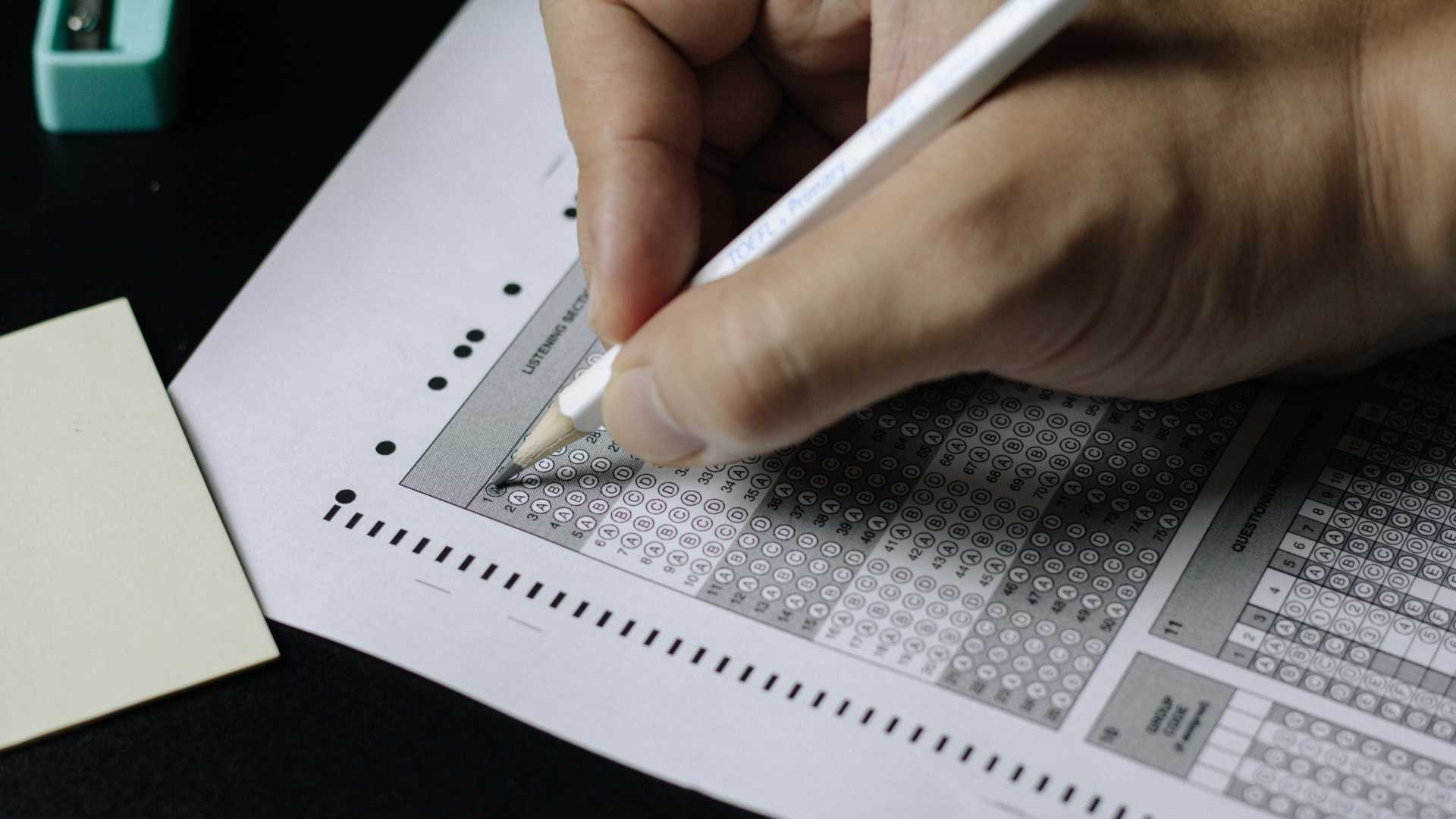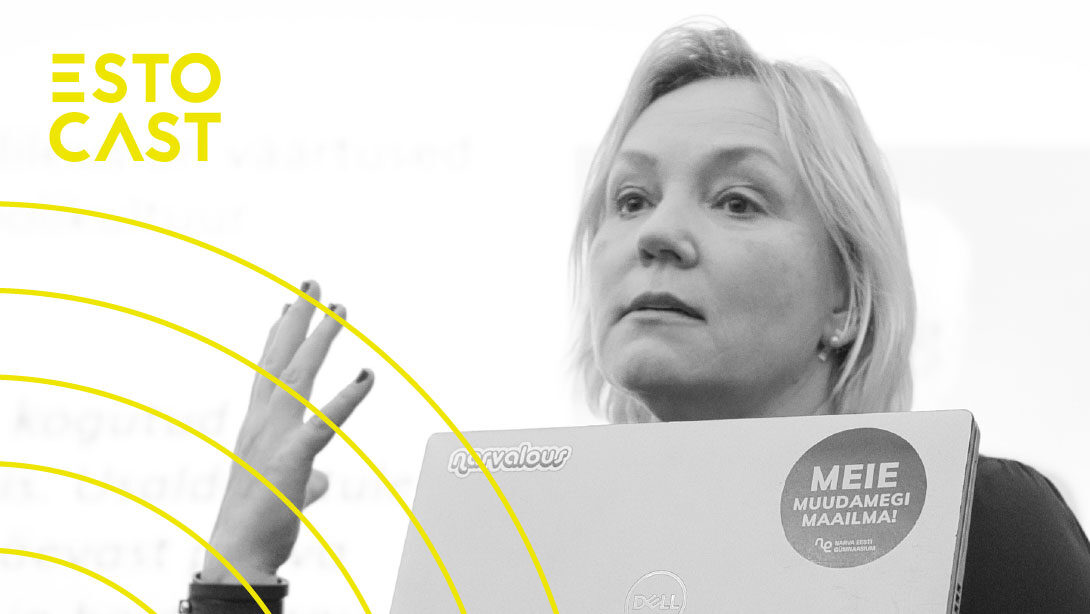ERR explained that “According to the Ministry of Social Affairs' regulation 'Health protection requirements for school timetables and organization of study,' up to three tests may be scheduled within one week.” The assignment given by the teacher “still fit the criteria of a test” as communicated by Madise.
From one standpoint, this incident reflects positively on the rules and systems that function in Estonia. There is an anonymous way for a student to look after their own rights and wellbeing. The fact that the government and young citizens can have a direct dialogue about daily issues like these shows the government serving its highest purpose.
Backing up Estonia's educational reputation further is its high PISA (Programme for International Student Assessment) ranking, a system overseen by the Organisation for Economic Co-operation and Development. According to the organization, the assessment “measures 15-year-olds’ ability to use their reading, mathematics and science knowledge and skills to meet real-life challenges.” Out of almost 80 nations, in 2018, Estonia ranked fifth place in average score for reading, math, and science. China was first place, followed by Singapore, Macau, and Hong Kong. Canada tied for eighth place with Taiwan.
Become a subscriber to continue reading!
Every week we bring you news from the community and exclusive columns. We're relying on your support to keep going and invite you to subscribe.
Starting from $2.30 per week.




